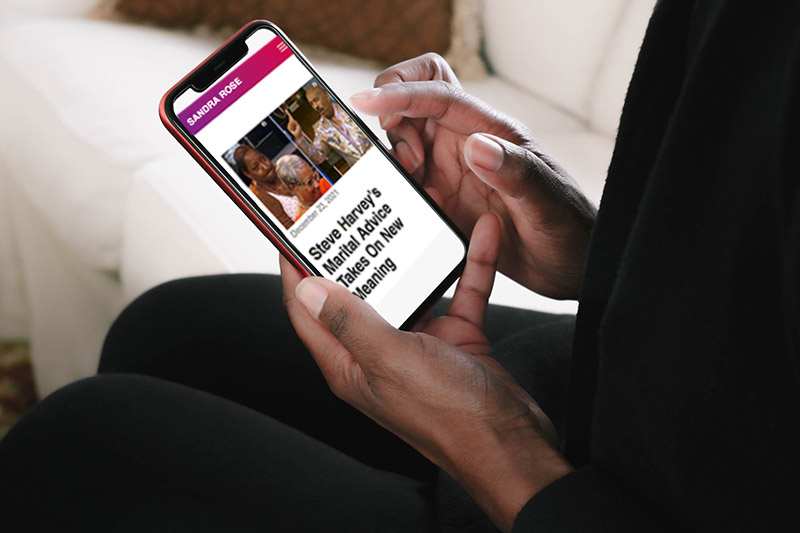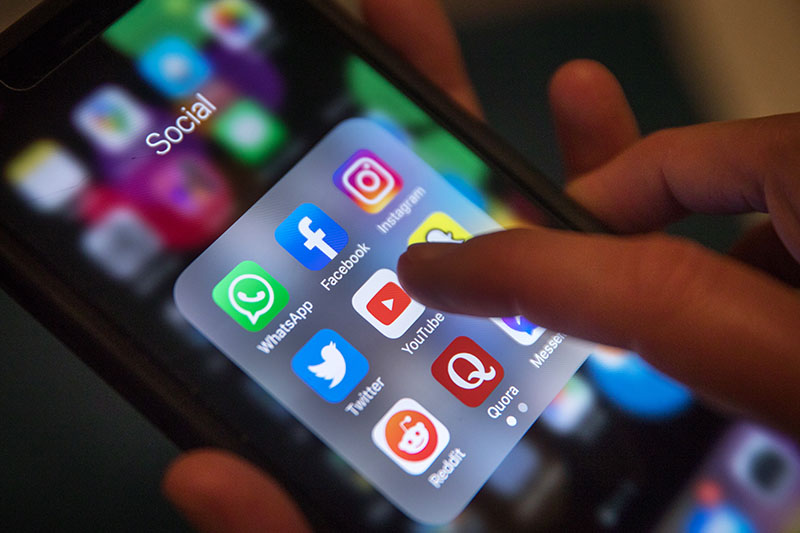
Holidays are the busiest days for hackers. If you use your phone to transfer money, or make purchases, hackers probably have your banking information.
If you text or email holiday greetings to family and friends, hackers likely have a copy of your contact list.
Hackers can use Bluetooth to hack into your smartphone and take it over to send emails and text messages containing phishing links to your contacts.
The Android platform is vulnerable to security flaws that are constantly in need of patching. Apple’s iPhones are not much safer.
Phones owned by US State Department employees and other government officials were hacked with spyware called “Pegasus” that was developed by an Israeli technology firm.
Pegasus was on their phones for months or years before it was discovered. Apple now says it will notify users whose iPhones were hacked by spyware.

5 Signs your cell phone is hacked
1. Apps on your phone that you don’t remember downloading
If you notice strange apps on your phone that you don’t remember downloading, delete them immediately.
2. Your phone runs slow or it feels hot in your hand
A slow phone may be a telltale sign that you’ve been hacked. If your phone runs hotter than it did before, it could mean apps are running in the background.
3. Your phone crashes often
This can happen if your phone is old or you haven’t updated your operating system and apps. But if you have a new phone that crashes often, you’re probably hacked.
4. Unusual data spikes or high bills
Someone is controlling your phone if your bill is high but your usage hasn’t changed.
5. Pop-up ads
There are no pop-up ads on Sandrarose.com. If you notice a lot of pop-up ads, you’re probably hacked.

How to protect your phone from spyware, malware and hackers
1. If you suspect your phone is hacked, change all your passwords immediately and lock your phone screen with a password. Set the lock screen time to 1 minute.
2. Backup everything – including all images and contacts, then restore your phone to its factory settings to remove pop-up ads.
3. Turn off your Wi-Fi or tethering connection to prevent the hacker from using your data to send messages.
4. Instruct your family and friends to ignore suspicious texts or emails that contain links. Tell them you will always let them know before you send links.
5. Run anti-virus or anti-trojan software to remove the malware.
6. Never leave your phone unattended or let anyone use your phone.
7. Turn off Android’s Nearby Share feature.
Nearby Share allows users to share files between Android phones that are nearby. Someone with the feature enabled can simply hold their phone close to yours to steal all your files without your knowledge. Nearby Share is disabled by default when you buy your phone.
8. Disable AirDrop on your Androids, iPhones, iPads and Macs.
9. Never open links in a text message or email on your phone or tablet. Even if you know the person who sent it.
10. Always delete apps you don’t use. Hackers can purchase old apps and use them to take over your phone.





